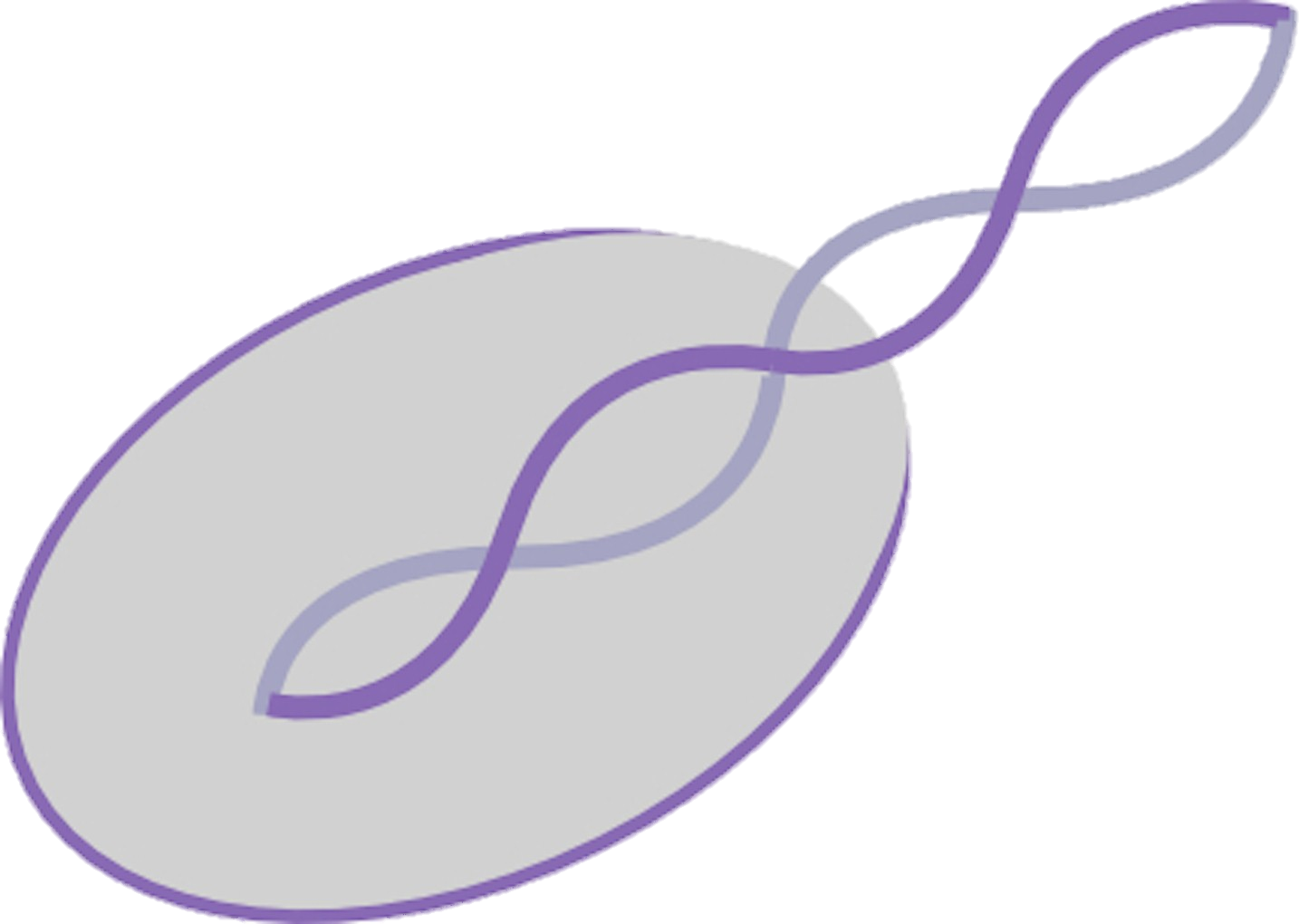To identify and characterize the early molecular events in melanoma development we will perform single-cell sequencing using the 10x Genomics® technology, which allows the parallel analysis of thousands of single cells on a transcriptomic and epigenomic level. We will particularly focus on samples of melanomas that arise on pre-existing nevi which provides a unique possibility to capture different stages of melanoma development.
The transcriptomic and epigenomic events of nevus-to-melanoma development will be analyzed in five different ways. Firstly, we will use classical single-cell transcriptome analysis (scRNA-seq) and a scATAC-seq approach. The scATAC-seq approach uses the Tn5 transposome to detect nucleosome-free (actively transcribed) regions of the genome. Secondly, we will use the Connectivity Map and LINCS database to derive further upstream genetic events and activated pathways from single-cell transcriptomic patterns. We will also use the Road Map Epigenomics database to identify additional epigenomic events underlying single-cell gene expression patterns, that may not be identified by scATAC-seq. Thirdly, we will analyze the pseudotime dynamics of the melanoma development process. This is done by a recently developed bioinformatics tool for the analysis of single-cell developmental trajectories which helps to identify continuous and branching molecular events from benign to malignant. Fourthly, we will test our findings for their relevance in late-stage melanoma using well-annotated gene expression data of The Cancer Genome Atlas (TCGA) regarding treatment response and resistance of metastatic melanoma. Finally, we will perform drug testing experiments for the targeting of the newly identified molecular mechanisms.
Taken together, we are aiming at a more in depth understanding with putative therapeutic consequences of the transcriptomic, genetic and epigenomic events during the early phase of melanoma development by use of single-cell transcriptome technology in combination with state-of-the-art bioinformatics technology.
project leader Dr. Henry Löffler-Wirth
duration 01.09.2020 – 31.08.2023
third-party founding
